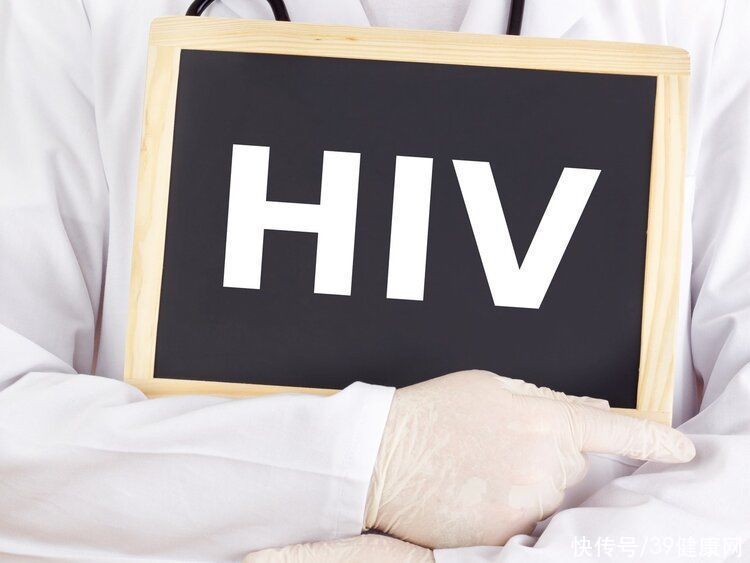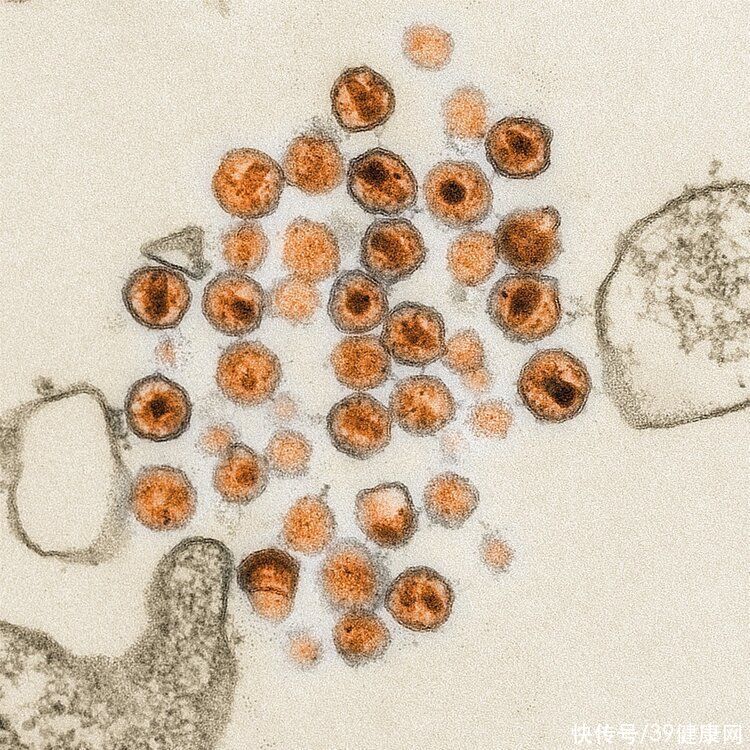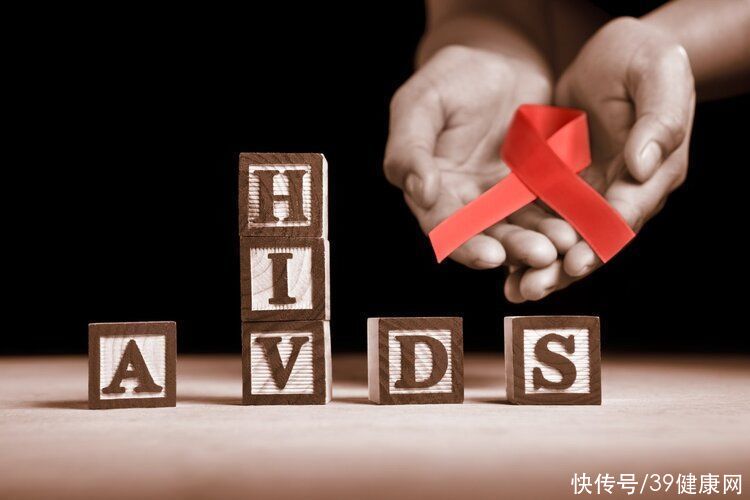內容目錄
According to the latest data released by the Centers for Disease Control and Prevention, the national epidemic situation of notifiable infectious diseases in 2021 shows that the infectious disease with the highest mortality and death toll is AIDS , reaching 19,623 people. The number of deaths ranked 2-3 were tuberculosis (1763 deaths) and viral hepatitis (520 deaths).


one , AIDS is spreading among male groups
At the end of last year, China Centers for Disease Control and Prevention published 4 articles about AIDS research, we can sort out the following information.
Spatial analysis of HIV among out-of-school adolescents aged 15-24 years
from 2010 to 2019 During the period, there were 141,557 confirmed cases of AIDS in the 15-24-year-old age group in mainland China.
Overall, the number of new HIV diagnoses increased from 2010 to 2015 and remained stable from 2016 to 2019. Among them, there were 9,373 and 15,790 AIDS-diagnosed cases in 2010 and 2019, respectively, annual growth rate of 6.0%! The report pointed out that the proportion of students diagnosed with HIV increased from 8.5% (2010) to 21.7% (2019).
In addition, in this decade, newly diagnosed male patients accounted for 80.3%, with an average annual growth rate of 10.0%, and the ratio of male to female AIDS patients was about 4:1. Upward trend.

Research progress of HIV/AIDS epidemiology in my country< /strong>
In the past ten years, the proportion of elderly male AIDS patients in my country has been increasing, and Men over 60 years old are HIV positive< /strong>The proportion of new cases increased from 7.41%to 18.21% (2020).
Data found that AIDS in adolescentsand < span>The elderly population has a high incidence, which is closely related to open-mindedness, ignorance, and luck.
We are in the information age,young people are more open-minded, but lack Knowledge of disease prevention and increased risk of HIV infection. And the elderly don’t know enough about AIDS, coupled with poor immunity, giving AIDS a chance to take advantage of it.
Alsosome people have a fluke mentalitybelieving that AIDS is far away from them, Refuse to take protective measures and expose yourself to the risk of infection.

Second, what happens to a person after being infected with AIDS?
AIDS is a chronic progressive disease. The infected person will go through acute stage, asymptomatic stage, early onset stage, and end stage.
- Acute Phase
HIV enters the body 2- At 4 weeks, about 50% of infected people will have acute symptoms, mainly fever, accompanied by fatigue, rash, nausea, abdominal pain, diarrhea, sore throat, headache, joint and muscle headache, and lymphadenopathy.
Usually, the symptoms of AIDS in the acute phase are self-limited, and the symptoms will subside or even disappear after 1-3 weeks. In the acute phase, there is a “window period” for HIV testing, undetectable but still infectious.
- asymptomatic period
after the acute phase, infection The patient enters the asymptomatic period with no clinical manifestations, also known as the AIDS incubation period. Although asymptomatic, the patient’s body fluids and blood can detect HIV virus, which is contagious, and is a “carrier” of HIV.

- Early onset< /span>
If HIV-infected patients are not treated, the average incubation period of 7-10 years will reach the early stage of the disease. At this time, the patient’s immunity will decline. Abdominal lymphadenopathy may occur, along with other parts of the bodytwo or more lymphadenopathy.
- End stage
come At the end stage, the patient’s immune system almost collapses, and a variety of clinical symptoms appear, including fever, night sweats, fatigue, weight loss, etc.; severe infection caused by a variety of opportunistic infections and pathogens, such as Pneumocystis pneumonia, opportunistic pathogen infection, etc. In the later stage, patients often develop malignant tumors, which can lead to systemic organ failure and death.
Department of Critical Care MedicineDr. Li Hongzheng said that when AIDS is diagnosed early, if strict antiviral therapy, with today’s medical technology and drug capabilities, it is possible to “chronicize” the disease. Control the condition, just like chronic diseases such as high blood pressure and diabetes.

3. What should I do if a high-risk behavior occurs?
High-risk behaviors do not necessarily lead to HIV infection, but we cannot take chances. If high-risk behavior occurs, it is recommended to go to the local CDC or infectious disease hospital in timefor medical treatment, Take blocking medication within 72 hours.
Starting post-exposure prophylaxis within 72 hours can effectively prevent the replication of HIV virus and reduce the risk of infection by 90%. During the drug blocking drug, patients may experience side effects such as drowsiness, dizziness, nausea, etc.But the drug cannot be stopped at this time and must be taken continuously for 28 days to ensure the blocking effect. Some people stopped the drug without authorization because they could not bear the side effects, which eventually led to the failure of the blockade.
Currently, the most common test for HIV is antibody test. Week 4 after high-risk behavior. If the result is negative, wait until the 8th or 12th week to check again.

Fourth, what you need to know about AIDS
1. Can mosquitoes transmit HIV?
Mosquitoes do not transmit HIV because HIVdoes not replicate in mosquitoes. In addition, after a mosquito bites an HIV-infected person, the amount of virus remaining in the mouth is so small that it cannot infect the next person. Mosquitoes transmit diseases such as JE, malaria, and dengue fever.
2. Will shaking hands and hugging get AIDS?
HIV transmission includes mother-to-child transmission, blood transmission and sexual contact transmission, handshake, hug, eat together , shared transportation, etc. are not contagious.
3. HIV after in vitro. How long can it survive?
Studies found that the higher the HIV load in the blood, the longer it would take for the virus to completely inactivate Longer. Residues of injection needles or surgical instrumentsblood with high HIV load, and exposure to air, drying in a short time, the virus usually 2~3 hour of death. But in humid, confined spaces, the virus can survive up to 96 hours longer.

Nowadays, people are more open-minded, but there are still many people who do not understand AIDS, As a result, infected people are present every year. Especially for young people and the elderly, the trend of infection cannot be objective, and we must take precautions!
# Yao Zero Zero Plan#
References:
[1] China Centers for Disease Control and Prevention: Chinese Adolescent AIDS Continued increase in the past 10 years. New perspectives in medicine. 2020-12-01
[2] National Epidemic Situation of Notifiable Infectious Diseases in 2021. Bureau of Disease Control and Prevention. 2022-04-22
[3] Report: There are 1.05 million HIV-infected people in China, and the proportion of elderly men who are infected with HIV is increasing. Statistical medicine based on words. 2021-11-27
Unauthorized Authorization is allowed, reprinting is prohibited